Positioning HE and Research: Is It Time for a Rethink?

Send us a link

The economists say more frequent use of up-front experiments would result in more effective environmental policymaking in areas ranging from pollution control to timber harvesting across the world.
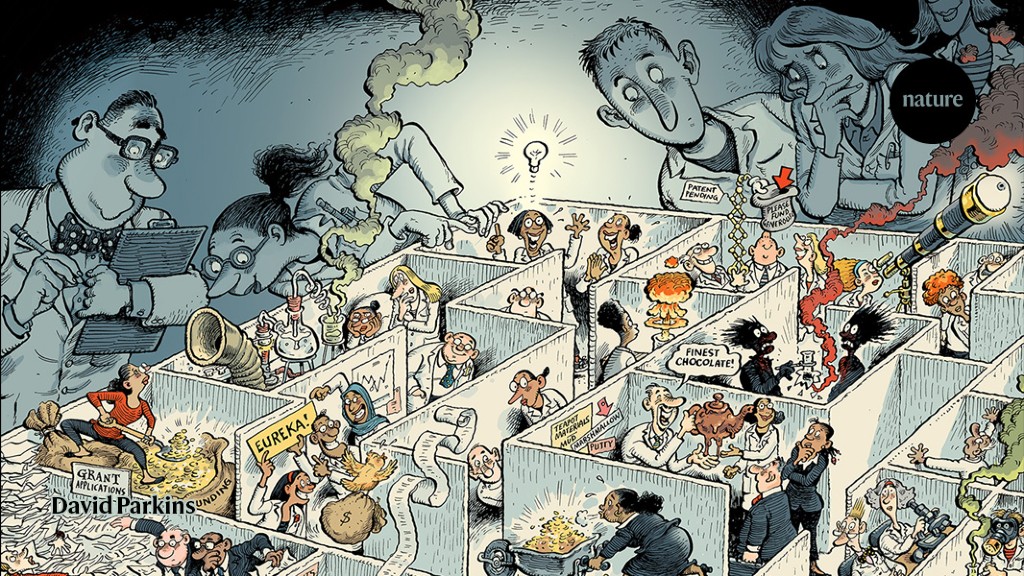
Reflecting on his role as an academic and member of a research funding organisation, Duncan Green, considers how impact has in some ways still not become embedded in research culture and is often treated a bureaucratic hurdle to overcome.


The Commission is responding to the European Citizens' Initiative (ECI) ‘Save Cruelty-free Cosmetics - Commit to a Europe without Animal Testing'. The response provides a comprehensive overview of the EU's legislative and policy framework relevant to the use of animals for testing purposes. It also proposes additional actions to further reduce animal testing.

This study presents a valuable dataset supporting regional research and innovation systems in four European regions: Vestland (Norway), Kriti (Greece), Galicia (Spain), and Overijssel (Netherlands). It focuses on understanding citizens’ perceptions of research and innovation dilemmas within these regions.
A new report sets out the dramatic impact that rising costs are having on some of Europe’s critical science facilities and calls on governments and the Commission to step in.
Europe, closer: with that statement of intent Spain has kicked off its six-month stint leading the EU. For science this means a focus on expanding the reach of research and innovation and at the same time advancing with North Africa and Latin America.
There is an increasing focus in academic and policy circles on research-policy partnerships. These partnerships are often achieved through co-creation, whose role in international relations remains underdeveloped.
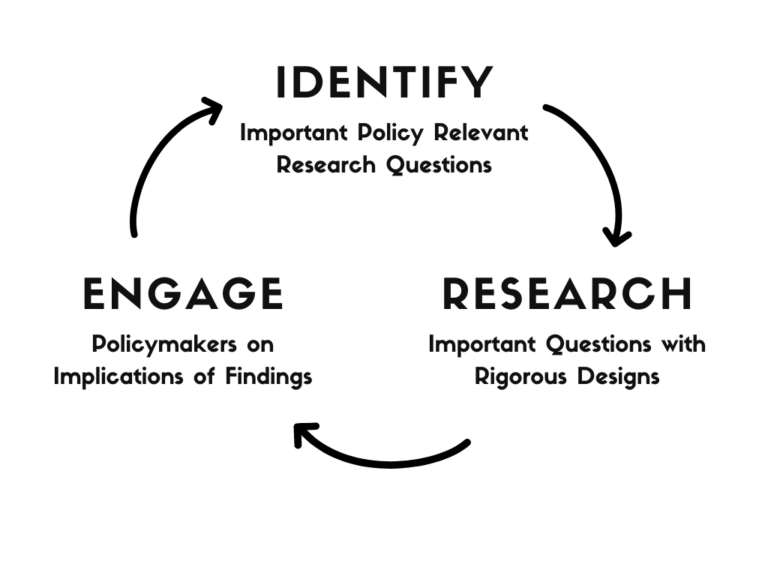

There are two kinds of problems in the world: strong-link problems and weak-link problems. Science is a strong-link problem. In the long run, the best stuff is basically all that matters, and the bad stuff doesn’t matter at all.


Mathematician and educator Freeman A. Hrabowski III talks about the importance of the humanities, culture change in academia, and much more. He has led groundbreaking efforts to increase diversity in science, technology, engineering, and mathematics (STEM) fields throughout his career. As president of the University of Maryland, Baltimore County (UMBC) for three decades, Hrabowski transformed a regional commuter school into a top-tier research university.
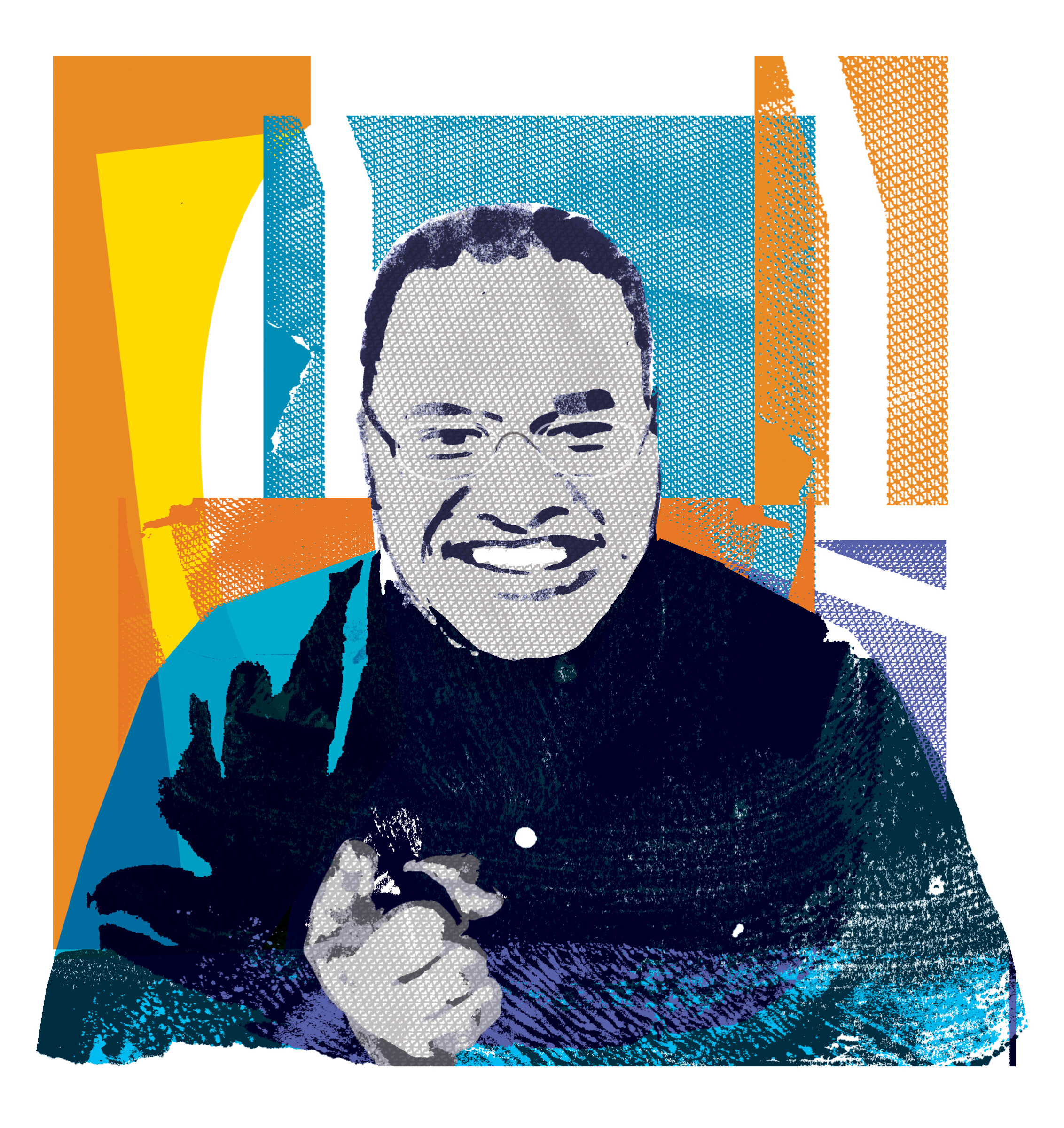
Auch die Wissenschaft ficht Arbeitskämpfe aus. In Deutschland wurde das Reformvorhaben zum Wissenschaftszeitvertragsgesetz (WissZeitVG) zurecht von den betroffenen Wissenschaftler:innen abgelehnt. Aber statt der vorgetragenen Sorge um die "internationale Wettbewerbsfähigkeit" der deutschen Wissenschaft wäre transnationale Solidarität angesichts vielerorts ähnlicher neoliberaler Regierungsmechanismen gefragt.
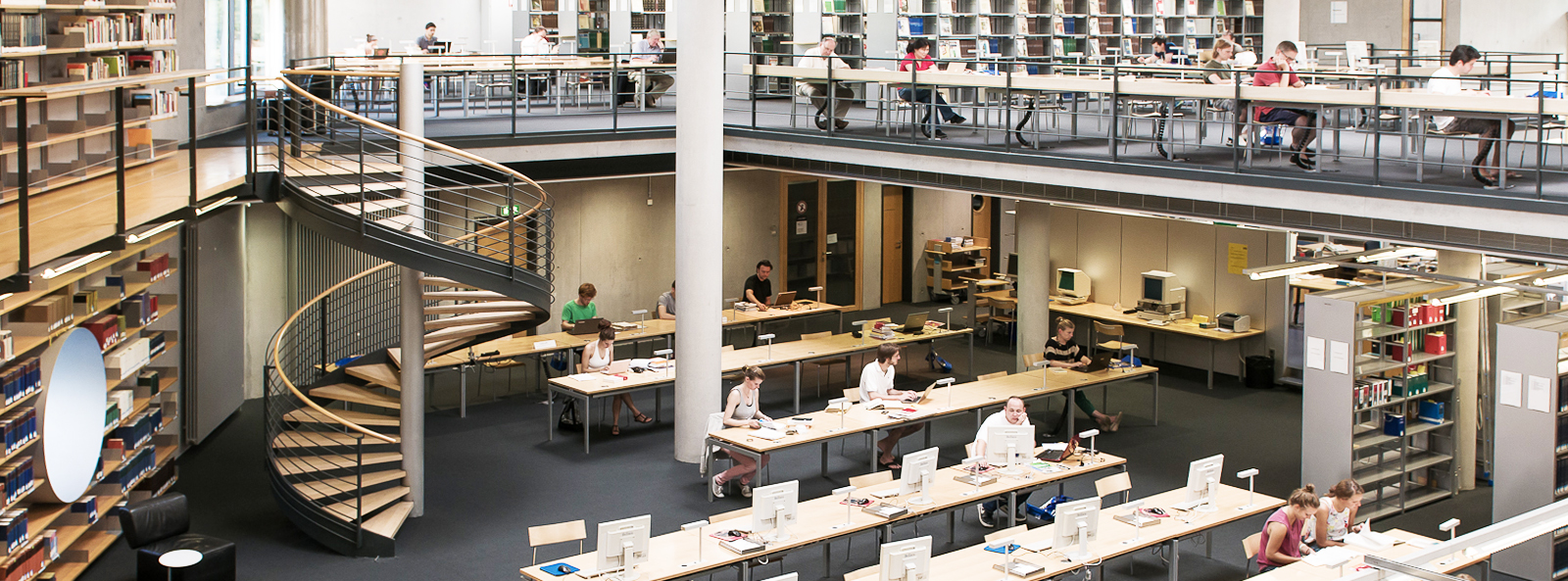
Collectively solving problems shared by many nations requires a new global science and technology commons.

As the UK's Chancellor of the Exchequer releases the Spring Budget, the life science industry appears to be at the heart of the country's global image in years to come.

A recent article in the Israel Journal of Health Policy Research (IJHPR), analyzes the factors behind a recent surge in high quality publications by Israeli researchers, which have also informed global efforts to control the COVID-19 pandemic. This blog highlights two of those factors which may be particularly relevant for researchers, research institutions, and research authorities in other countries.
The UK Government’s research evaluation system encourages a higher quantity and lower quality of work from academics, according to a recent paper.

Behavioural science is increasingly used in the public and private sectors, but it has been subject to several criticisms. This Perspective proposes a manifesto for behavioural science, addressing these criticisms and describing a way forward for the field.
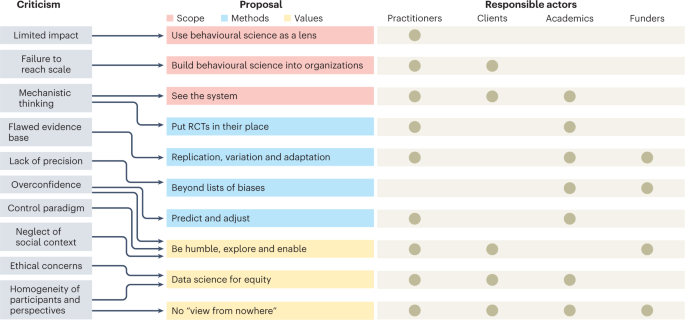
Facing tighter restrictions on access to key technologies and an increasingly competitive global scientific landscape, China has launched a major shake-up of its research organizations in pursuit of “self-reliance” in science and technology.